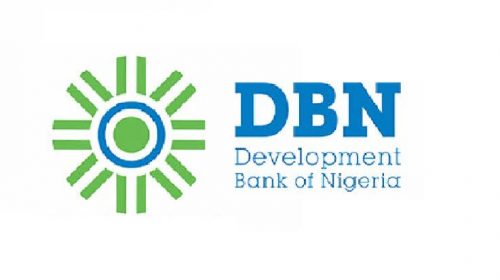Nigerians 2.19% Economic Growth Forecast turns mirage ….As IMF Insists On 0.8% For 2017
The Nigerian Federal Governments projection of 2.19 percent growth in the economy for 2017, turned to a mirage as the International Monetary Fund (IMF) affirmed its earlier forecast of only 0.8 percent growth for Nigeria this year.
IMF however expressed concerns over weaknesses in Nigerian banks and said that the situation might weigh on economic growth in the medium term.
Unveiling its World Economic Outlook (WEO) in Washington DC, United States, at the on-going World Bank Annual meetings, the IMF stated that “growth in 2017 is projected at 0.8 percent, owing to recovering oil production and ongoing strength in the agricultural sector.
The Economic Counsellor and Director of Research, IMF, Maurice Obstfeld, spoke at a press briefing at the Fund’s headquarters shortly after the release of the report.
Obstfeld said policy implementation and market segmentation in a foreign exchange market that remained dependent on the Central Bank of Nigeria’s interventions would have some impact on the country in the future.
He stated, “Nigeria is expected to emerge from the 2016 recession caused by low oil prices and the disruption of oil production. Growth in 2017 is projected at 0.8 per cent, owing to recovering oil production and ongoing strength in the agricultural sector.
“However, concerns about policy implementation, market segmentation in a foreign exchange market that remains dependent on central bank interventions (despite initial steps to liberalise the foreign exchange market), and banking system fragilities are expected to weigh on activity in the medium term.”
The IMF director said growth prospects across emerging market and developing economies remained heterogeneous, with emerging Asian countries generally growing at a fast pace.






Leave a Reply